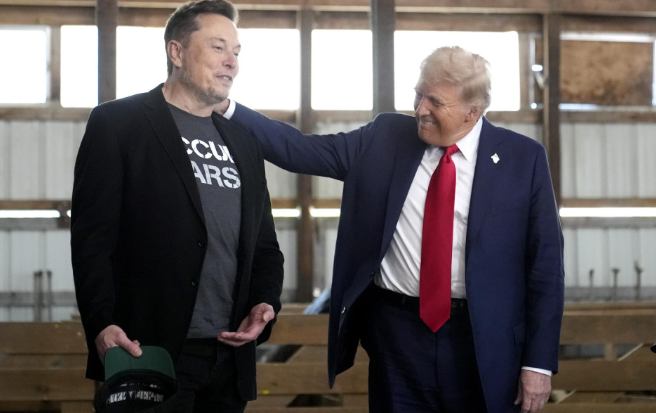[ad_1]
(Reuters) – U.S. President Donald Trump’s commission probing voter fraud is set to meet in New Hampshire on Tuesday after its top Republican member stoked controversy by claiming out-of-state voters tipped a Congressional race in the northeastern state.
The Presidential Advisory Commission on Election Integrity will hold its second meeting in Manchester, New Hampshire, the state that has long held the first nominating primary in the U.S. presidential election cycle.
In a Breitbart News column on Thursday, Kris Kobach, the Republican secretary of state for Kansas, claimed that voter fraud led to the November victory of Democratic U.S. Senator and former Governor Maggie Hassan over incumbent Republican Kelly Ayotte by 1,107 votes.
The claim by Kobach, an advocate of tougher laws on immigration and voter identification, prompted New Hampshire’s congressional delegation to ask its Democratic secretary of state, Bill Gardner, to resign from the commission. He has declined to do so.
Trump established the commission in May after charging, without evidence, that millions voted unlawfully in the November presidential election.
The businessman and reality TV star-turned-politician won the Electoral College, which tallies wins in states and determines the presidential winner, but lost the popular vote to his Democratic opponent, Hillary Clinton.
After the election, Trump on Twitter claimed without proof that New Hampshire, which he lost by less than 2,800 votes, and two other states had “serious voter fraud.”
Most state election officials and election law experts say that U.S. voter fraud is rare.
Tuesday’s meeting will feature discussions on historical voting trends, electronic voting systems and the impact of voter fraud on public confidence in the elections, according to the agenda and prepared testimony submitted ahead of the meeting.
Kobach also claimed that Clinton possibly also won New Hampshire due to illegal voting by non-residents.
For both claims, he cited statistics showing that 5,313 voters with out-of-state driver’s licenses registered to vote on the day of the election but did not later obtain New Hampshire licenses.
The allegation drew criticism from Democrats who said the data more likely reflected college students from out-of-state who were allowed to vote there with or without a New Hampshire license.
Reporting by Nate Raymond in Boston; Editing by Scott Malone and Richard Chang
[ad_2]
Source link






Leave a Reply